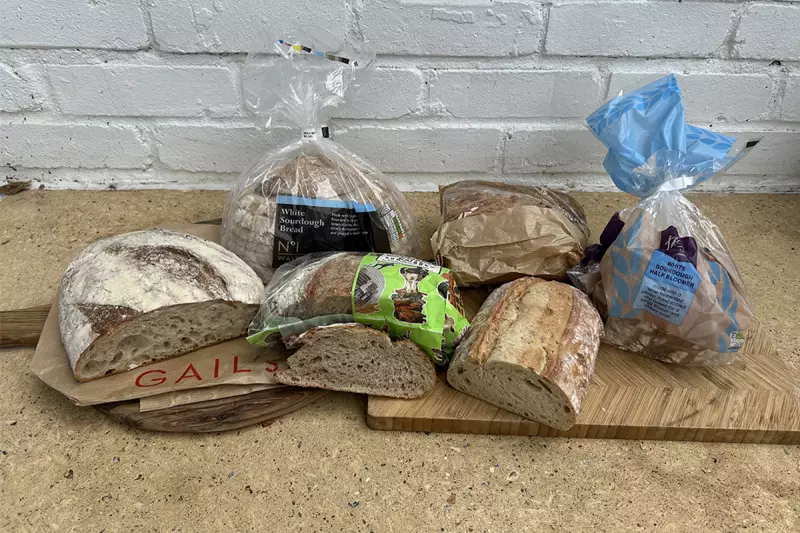
For many Brits, the quest for the perfect loaf of sourdough has become something of a culinary pilgrimage. While artisan bakeries offer exceptional options, they often come with premium price tags and limited accessibility. This leaves many wondering: can supermarket sourdough actually deliver that authentic, tangy flavour and satisfying chew?
Our Sourdough Investigation Methodology
We embarked on a comprehensive tasting mission, putting sourdough loaves from all major UK supermarkets through their paces. Our evaluation considered multiple factors that define quality sourdough:
- Crust quality: That all-important crackle and colour
- Crumb structure: The tell-tale irregular holes and texture
- Flavour profile: Authentic tanginess versus bland imitations
- Ingredients transparency: Real fermentation versus shortcuts
- Value for money: Quality relative to price point
The Supermarket Sourdough Champions
Several retailers surprised us with their commitment to quality fermentation. The standout performers demonstrated that mass production doesn't necessarily mean compromising on authentic sourdough characteristics.
Waitrose & Partners: The Artisan Experience
Waitrose consistently delivered exceptional sourdough options that could rival specialist bakeries. Their loaves featured proper fermentation times, resulting in complex flavour development and excellent texture.
M&S Food Hall: The Texture Master
M&S impressed with their attention to crumb structure and crust development. Their sourdough maintained that satisfying chewiness that sourdough enthusiasts crave.
The Mid-Range Contenders
Not every household budget stretches to premium supermarket offerings, but several mid-priced options delivered remarkable quality.
Tesco Finest: Surprisingly Authentic
Tesco's premium range offered a credible sourdough experience with noticeable tanginess and decent fermentation characteristics.
Sainsbury's Taste the Difference: Consistent Performer
Sainsbury's provided reliable quality with good flavour development and texture, making it an excellent everyday option.
What Makes Real Sourdough?
Understanding what separates authentic sourdough from mass-produced imitations is crucial for informed purchasing:
- Natural fermentation: Real sourdough uses wild yeast cultures rather than commercial yeast
- Time-consuming process: Proper sourdough requires extended fermentation periods
- Minimal ingredients: Flour, water, salt, and natural starters define authentic recipes
- Tangy complexity: The characteristic sour notes develop through slow fermentation
The Value Proposition
While supermarket sourdough typically costs less than £3 per loaf compared to £4-£6 at artisan bakeries, the price difference reflects variations in production methods and ingredient quality. Our testing revealed that spending slightly more within the supermarket range often yields significantly better results.
Storage and Serving Recommendations
To maximise your sourdough experience regardless of where you purchase it:
- Storage: Keep in a bread bin or paper bag rather than plastic
- Refreshing: Revive day-old sourdough with a quick toast or oven warm-up
- Freezing: Slice before freezing for convenient portion control
- Serving: Allow to come to room temperature for optimal flavour
The supermarket sourdough landscape has evolved dramatically in recent years, with several retailers now offering genuinely impressive options that satisfy both casual bread lovers and sourdough purists. While nothing quite matches the bespoke quality of a local artisan bakery, the convenience and accessibility of quality supermarket sourdough makes it a viable option for daily enjoyment.





